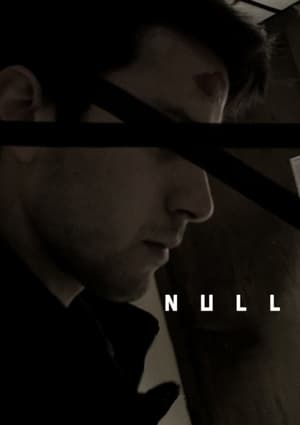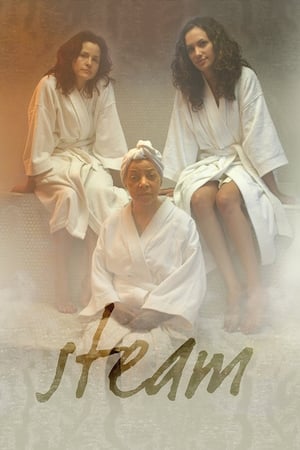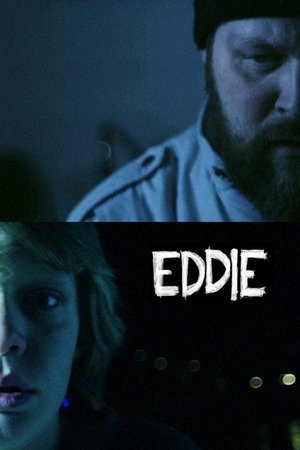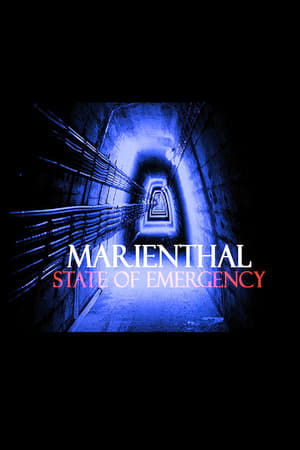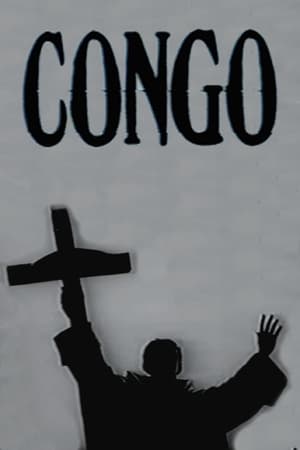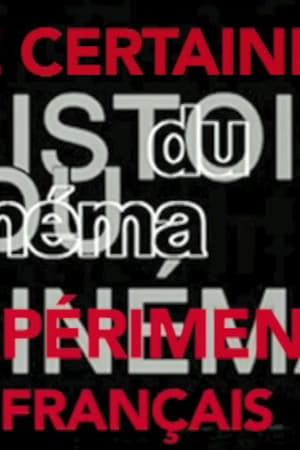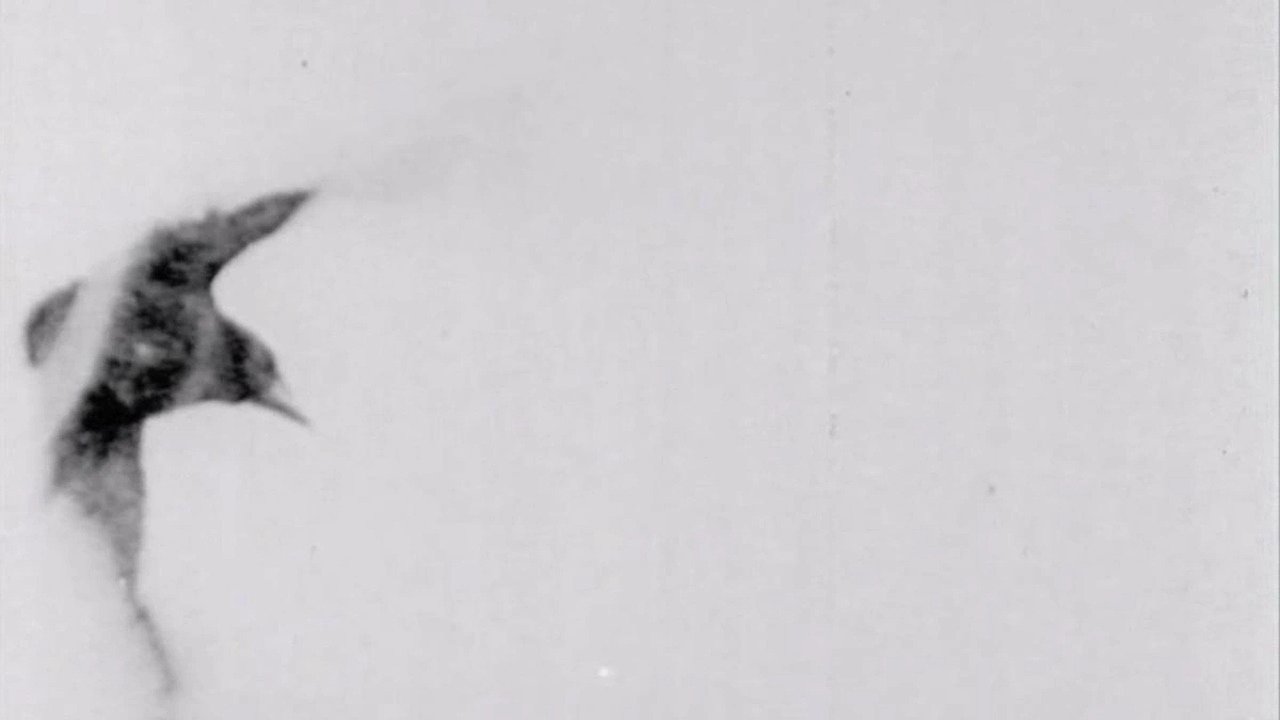
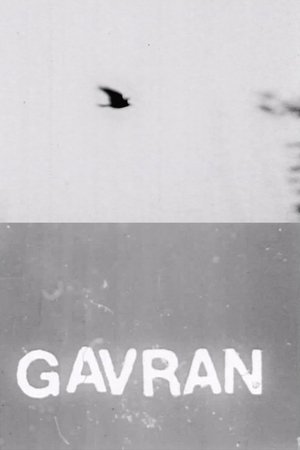
The Raven(1973)
Experimental short film from Yugoslavia.
Movie: The Raven

Gavran
HomePage
Overview
Experimental short film from Yugoslavia.
Release Date
1973-01-01
Average
3
Rating:
1.5 startsTagline
Genres
Languages:
No LanguageKeywords
Recommendations Movies
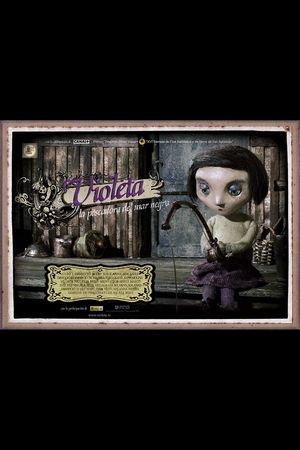 5.5
5.5Violet, Fisher of the Black Sea(es)
Violeta loves best fishing into the darkest depths.
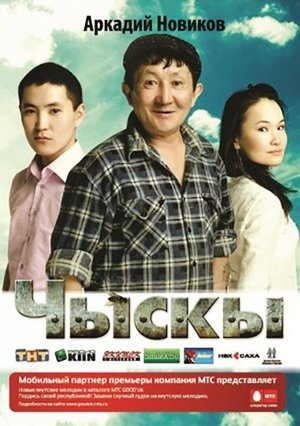 7.0
7.0Spring(ru)
This is a story about a city guy Nikolai, who will have to go instead of his friend on a rural business trip. A series of funny events, meetings and the beauty of the Yakut village encourage Nikolai to make an important decision in his life…
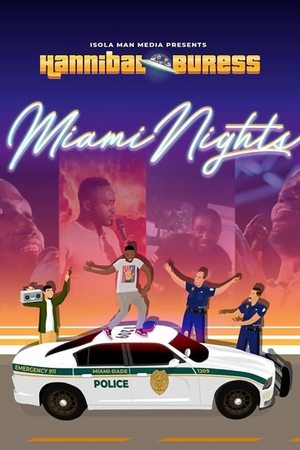 6.0
6.0Hannibal Buress: Miami Nights(en)
Mildly successful comedian, Hannibal Buress, performs his second stand-up special in Chicago based on his wild night with the police.
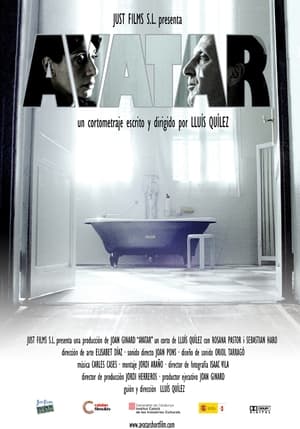 5.9
5.9Avatar(es)
Tension mounts between a quadraplegic man and his wife as she prepares a bath for him.
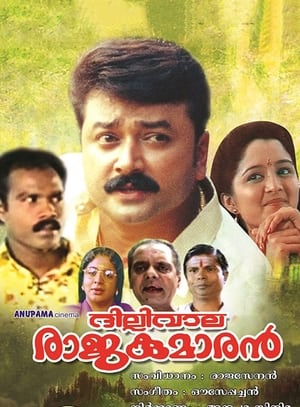 4.5
4.5Dilliwala Rajakumaran(ml)
Appu and Maya were childhood sweethearts, and their parents had agreed to their marriage. Appu is treated by Maya's father as his own son and this makes her uncle jealous of him. Maya's mother belongs a branch of local royal family. However, Maya's life turns upside down when she is identified as the heir to her mother's royal family after her horoscope matched with the qualities that the royal family was looking for. The Maharaja proposed to adopt her as heir princess to continue the lineage. Greed and position, makes her father looking ways to get rid of Appu, who might stand an obstacle and er Uncle then forces her to hate Appu in order for her to marry someone from the royal family. Meanwhile Appu and his best friend Mani try to win her back by disguising himself as Veerandran Varma, nephew of the King whom none of them have seen before, being the son of King's estranged sister Padmini.
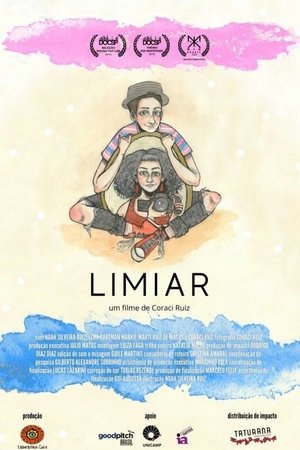 5.6
5.6Threshold(pt)
An autobiographical documentary made by a mother who follows the gender transition of her adolescent son: between 2016 and 2019 she interviews him addressing the conflicts, certainties and uncertainties that pervade him in a deep search for his identity. At the same time, the mother, revealed through a firstperson narration and by her voice behind the camera that talks to her son, also goes through a process of transformation required by the situation that life presents her with by breaking old paradigms, facing fears and dismantling prejudices.
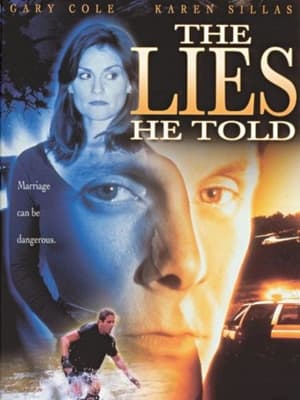 6.0
6.0Lies He Told(en)
A charming military man arranges his own disappearance and death in order to begin a new life with a woman who is completely deceived by his lies. Bored by his military career and secure lifestyle with his wife, Cindy, and two children, Dave Bay falls in love with Alyson and plots a new existence. This new, deceptive life includes bank robberies committed as a desperate means to support his new family and hide his past. Inspired by actual events.
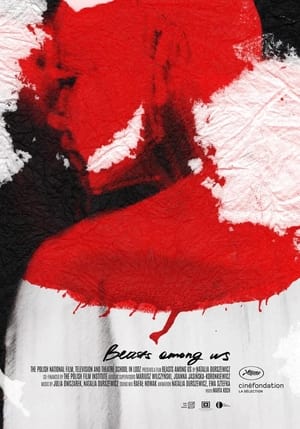 8.0
8.0Beasts Among Us(pl)
Set in a surreal backdrop, we see victims' and predators' roles reversed. It shows the world we live in from the perspective of those who are most vulnerable.
Mana Huncha Khina Sawule Chuti Dinna Aama(en)
The air in London was damp and cold, a stark contrast to the vibrant warmth of Kathmandu that Anmol often dreamed of. It had been five years since he left Nepal for the United Kingdom, chasing the dreams his mother, Susmita, had envisioned for him. She had sacrificed everything-her small savings, her comfort, and her daily joy of having her son by her side-so Anmol could study and build a better life abroad. Anmol was a hard worker, juggling university classes and long hours at Amrish's restaurant. The boss, a shrewd businessman, valued profits over people. Anmol, like the rest of the staff, was little more than a cog in the relentless machinery of the restaurant's success. One evening, after another grueling 12-hour shift, Anmol sat on his small bed in his shared apartment. His phone buzzed. It was his mother. "Anmol, Dashain and Tihar are coming. I've cleaned the house and even set aside some money to buy your favorite sweets.
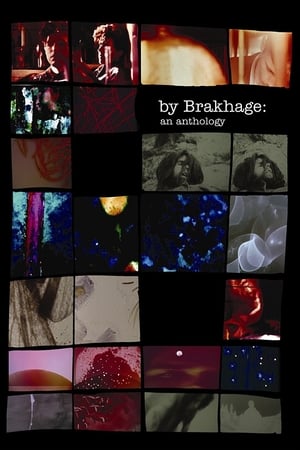 7.0
7.0By Brakhage: An Anthology, Volume One(en)
Working completely outside the mainstream, the wildly prolific, visionary Stan Brakhage made more than 350 films over a half century. Challenging all taboos in his exploration of “birth, sex, death, and the search for God,” he has turned his camera on explicit lovemaking, childbirth, even autopsy. Many of his most famous works pursue the nature of vision itself and transcend the act of filming. Some, including the legendary Mothlight, were made without using a camera at all, as he pioneered the art of making images directly on film, by drawing, painting, and scratching.
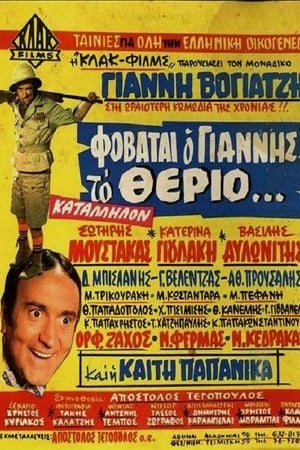 10.0
10.0Yannis is afraid of the Beast...(el)
Pericles, a barber, leaves his homeland and goes to Africa to hunt wild animals. Someday he decides to return and his adventure is about to begin...
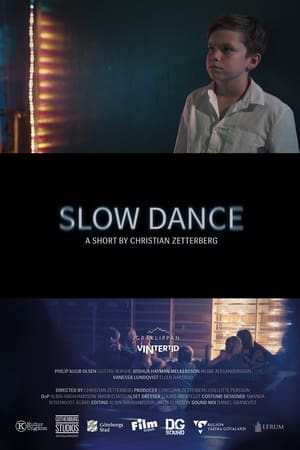 5.5
5.5Slow Dance(sv)
During a middle school dance, a boy is struggling with his courage when experiencing his first love.
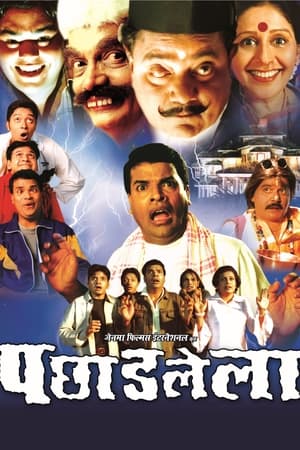 5.0
5.0Pachhadlela(mr)
Due to a job transfer, three friends move into a town where the bank they work at assigns them by way of living quarters a creepy mansion with a haunted history. One of the friends, Bharat (Bharat Jadhav), is prone to being possessed. The four ghosts enter Bharat's body at will and use him for their own intentions, resulting is hilarious misunderstandings, confusions, and the unfolding of a story of sinister revenge.
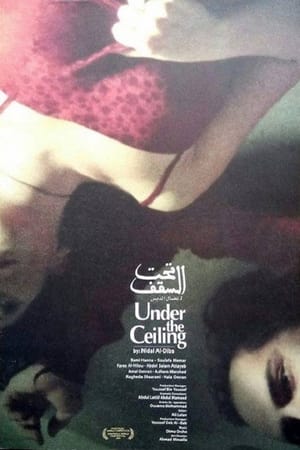 10.0
10.0Under the Ceiling(ar)
As far as one can remember, water has been dropping from this ceiling. One drop after another, slowly, like an ever-repeating dream that spreads all-over and changes the rhythm of life, creating a partition in-between the internal and the external. One camera for Nidal Debs, another for his hero Marwan, One camera shooting what the other sees. who makes the film?. Marwan lives in Damascus since a long time, since when refugees arrived and filled the city, since hardship was even harder. He & his friends lived those times when life was different, when dreams were bouncing in the streets. Something is happening today, the friends awaken as Ahmad passes away, a life-time of silence has passed, a life-time of frustration and loneliness must end, dreams are searching for a few minutes, for last moments, there is still a little time left. There is a new space today.
Similar Movies
Every Wall is a Door(fr)
Drawing on VHS tapes of a programme hosted by her mother on Bulgaria’s national television, the filmmaker gives a pop-style and in-depth chronicle of the gentle – even “over-gentle” – 1989 revolution.
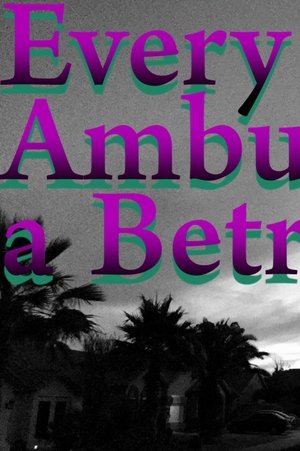 10.0
10.0Every Ambulation a Betrayal(en)
Return to 'burn' only to find out you're already in that urn.
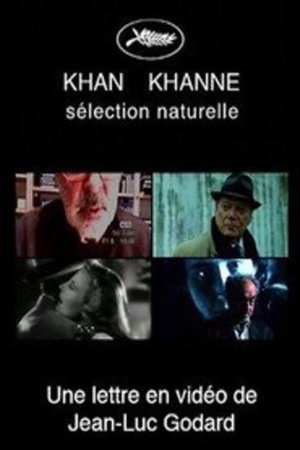 6.9
6.9Letter in Motion to Gilles Jacob and Thierry Fremaux(fr)
Rather than writing a simple letter to explain his absence from the press conference for his latest Cannes entry, "Goodbye to Language," at the Cannes Film Festival, instead, legendary filmmaker Jean-Luc Godard created a video "Letter in motion to (Cannes president) Gilles Jacob and (artistic director) Thierry Fremaux." The video intercuts from Godard speaking cryptically about his "path" to key scenes from Godard classics such as "Alphaville" and "King Lear" with Burgess Meredith and Molly Ringwald, and quotes poet Jacques Prevert and philosopher Hannah Arendt.
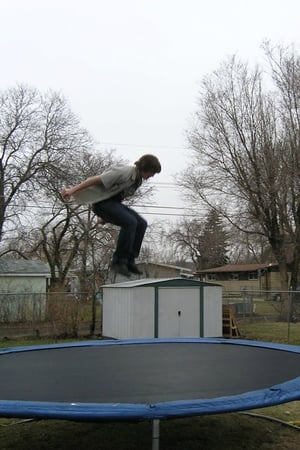 1.0
1.0Minot, North Dakota(en)
The town Minot is home to a U.S. Air Force base that guards 150 nuclear missiles buried in northern North Dakota. The weapons of mass destruction placed there 50 years ago are still targeted at Russia. Minot, North Dakota portrays an American landscape where people live with nuclear bombs in their backyard.
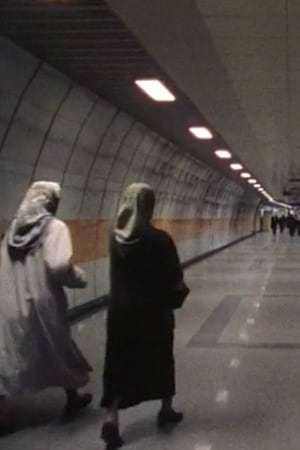 0.0
0.0Devotion(en)
A sparing and minimal travelogue of Istanbul. A foreigner meditates on the unraveling of a relationship while moving from hotel room to hotel room. In a city simultaneously devoted to Islam and secular nationalism, she finds refuge in the frailty and severity of the rituals of devotion.
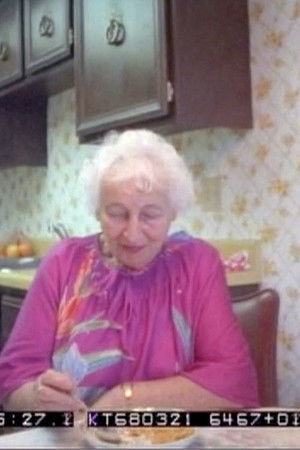 0.0
0.0Sites Unseen(en)
Sites Unseen is a 3 channel 16mm projection of the Jewish cemetary in Warsaw, a photograph of a great Aunt who died in Treblinka, and my late grandmother eating her morning cornflakes.
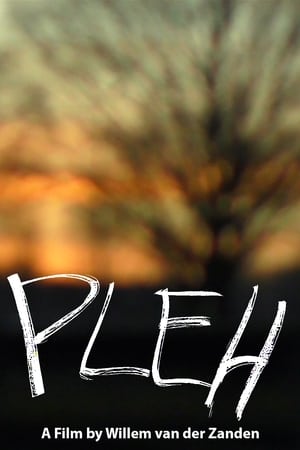 0.0
0.0PLEH(nl)
An experimental journey through a year in the life of the director, using his always playing playlist to cross the boundaries of fiction and documentary. Through scenes of both comedy and tragedy, realistic documentary footage and experimental sequences of the director's environment and daily life we get a sometimes estranging image of a young man and also an intriguing insight in his mindset and how this translates to the imagery on screen.
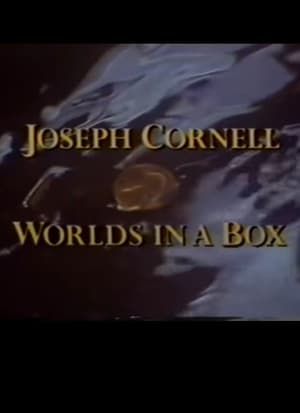 0.0
0.0Joseph Cornell: Worlds in a Box(en)
This is a 1991 documentary film about the legendary artist and filmmaker, Joseph Cornell, who made those magnificent and strange collage boxes. He was also one of our great experimental filmmakers and once apparently made Salvador Dali extremely jealous at a screening of his masterpiece, Rose Hobart. In this film we get to hear people like Susan Sontag, Stan Brakhage, and Tony Curtis talk about their friendships with the artist. It turns out that Curtis was quite a collector and he seemed to have a very deep understanding of what Cornell was doing in his work.
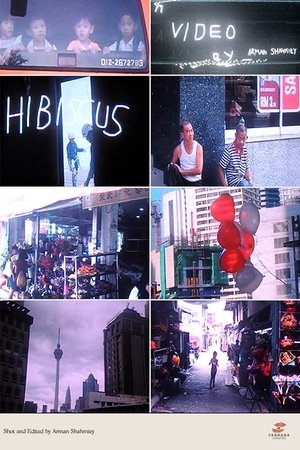 6.0
6.0Hibiscus(en)
'Hibiscus' highlights the city's hidden beauty and the warmth of its people that may go by unnoticed on a daily basis but are beautiful reminders to appreciate.
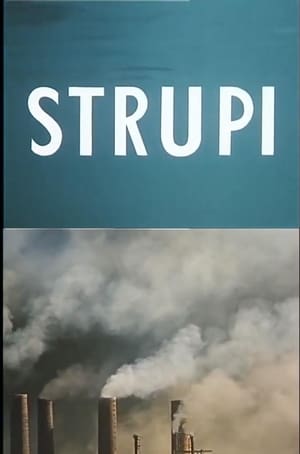 0.0
0.0Poisons(sl)
Industrialization brings progress, but also harmful influences on the environment. Warning of the dangers of waste materials dumped into the air and the waters.
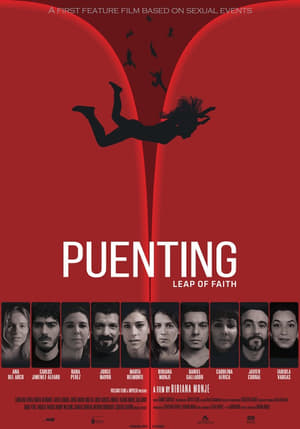 0.0
0.0Puenting (Leap of Faith)(es)
A first feature based on sexual events. An actress undertakes her desire of directing her first movie, without a budget or any production company funding her project. She gathers a group of professional actors and actresses, and proposes a project based on a very particular experience: stepping on their fears through a metaphorical 'leap of faith'. As the project advances, individual conflicts will arise affecting the shoot, making the movie crew wonder whether or not they should go on. Will they take the leap of faith with all its consequences?
 0.0
0.0Rumstick Road(en)
A video reconstruction of the 1977 Wooster Group production Rumstick Road, an experimental theater performance created by Spalding Gray and Elizabeth LeCompte after the suicide of Gray's mother. Archival recordings are combined with photographs, slides, and other materials to recreate the original production.
 5.7
5.7Chinese Viola(pt)
The rare short film presents a curious dialogue between filmmaker Julio Bressane and actor Grande Otelo, where, in a mixture of decorated and improvised text, we discover a little manifesto to the Brazilian experimental cinema. Also called "Belair's last film," Chinese Viola reveals the first partnership between photographer Walter Carvalho and Bressane.
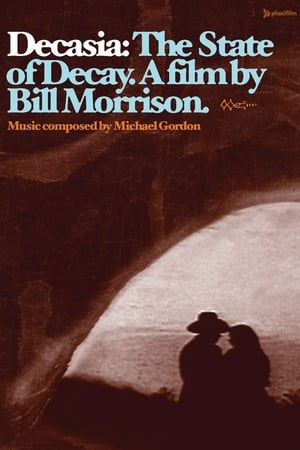 6.4
6.4Decasia: The State of Decay(en)
A meditation on the human quest to transcend physicality, constructed from decaying archival footage and set to an original symphonic score.
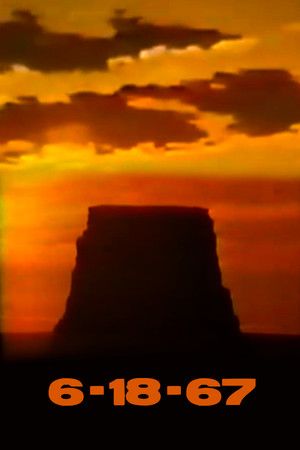 5.8
5.86-18-67(en)
6-18-67 is a short quasi-documentary film by George Lucas regarding the making of the Columbia film “Mackenna's Gold”. This non-story, non-character visual tone poem is made up of nature imagery, time-lapse photography, and the subtle sounds of the Arizona desert.
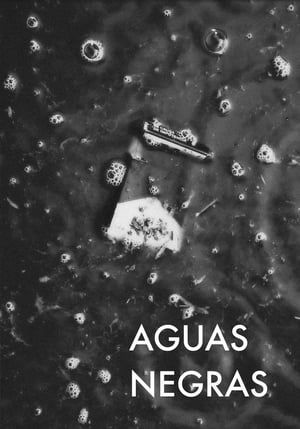 0.0
0.0Black Waters(es)
“Aguas Negras” is an experimental documentary about the Cuautitlán River. The film examines the passage of time and the pollution of the river by focusing on conversations with multiple generations of women in the filmmaker's family that have grown up by the river in a municipality identified as having the highest perception of insecurity in the State of Mexico.
Where are the African Gods?(en)
A moving recording of the late writer and renowned jazz singer Abbey Lincoln is captured in this new film from Brooklyn-born director Rodney Passé, who has previously worked with powerhouse music video director Khalil Joseph. Reading from her own works, Lincoln’s voice sets the tone for a film that explores the African American experience through fathers and their sons.
Wè(en)
As Black and LGBTQ+ History Month begin this February, material science clothing brand PANGAIA leads celebrations with a poetic film that honors these two communities. Following a year of isolation, and with it a deeper understanding of the importance of outdoor spaces and the environment, Wè is a portrait of the self-love and acceptance we have learned to show others and gift to ourselves.
